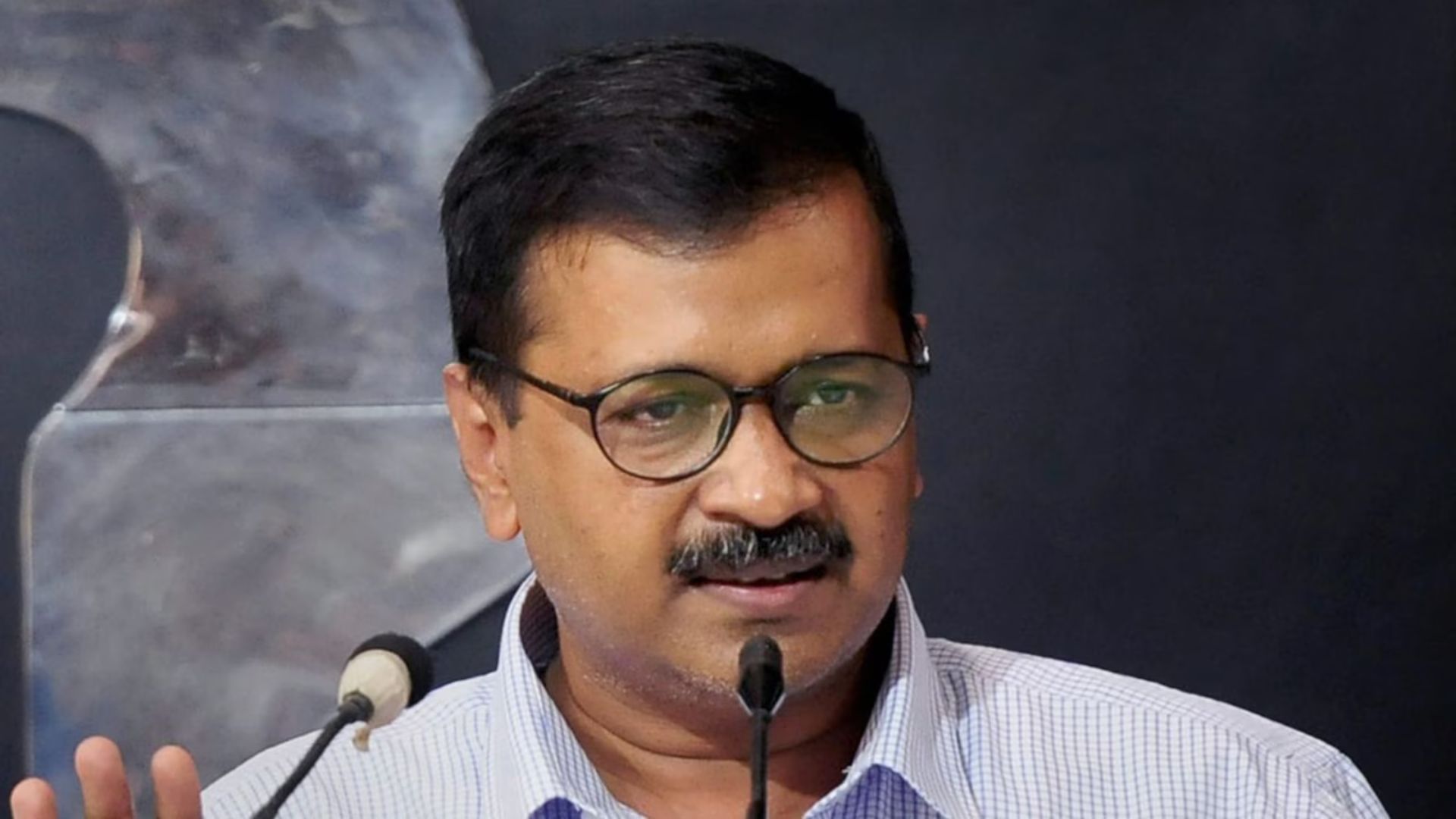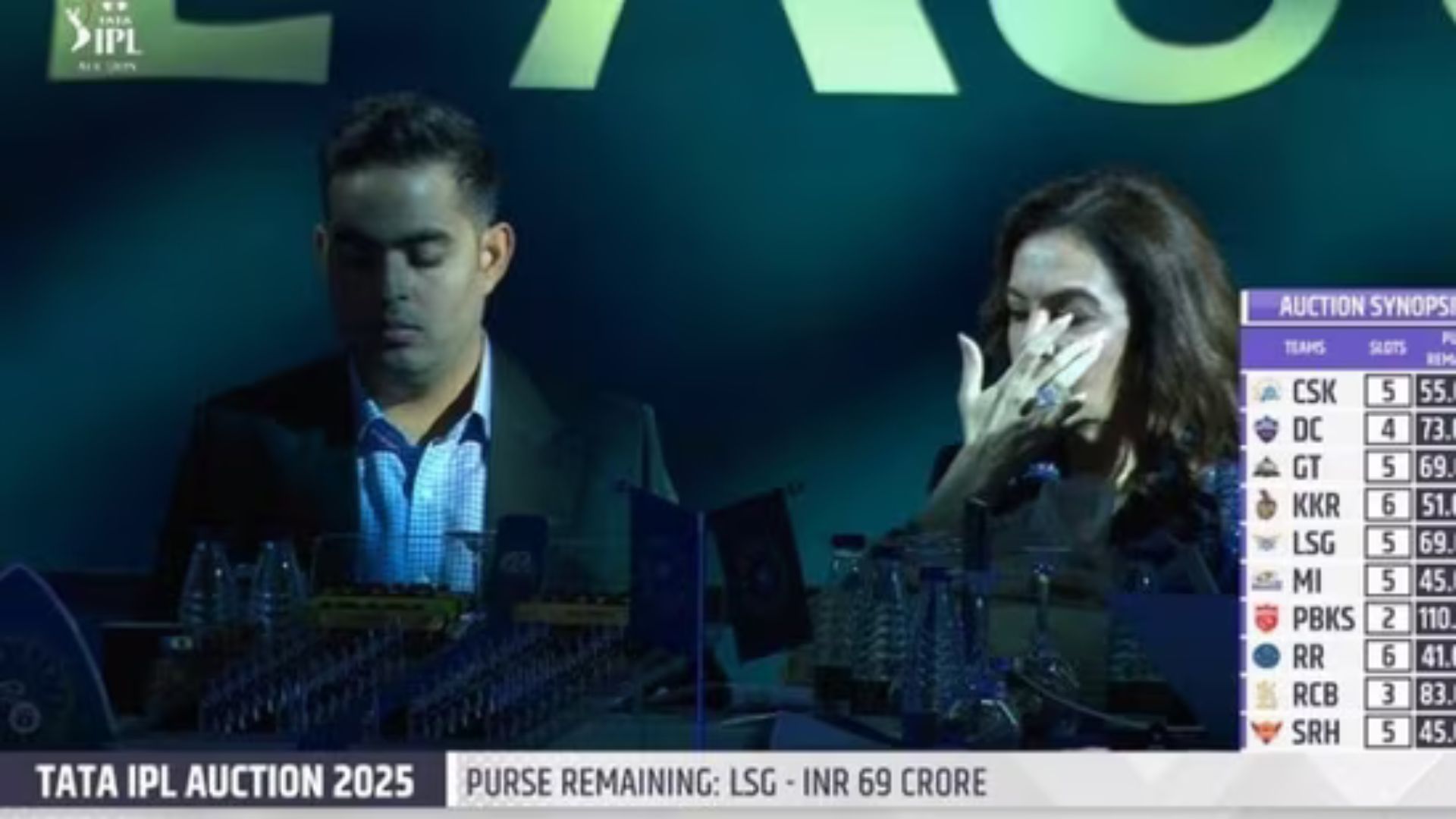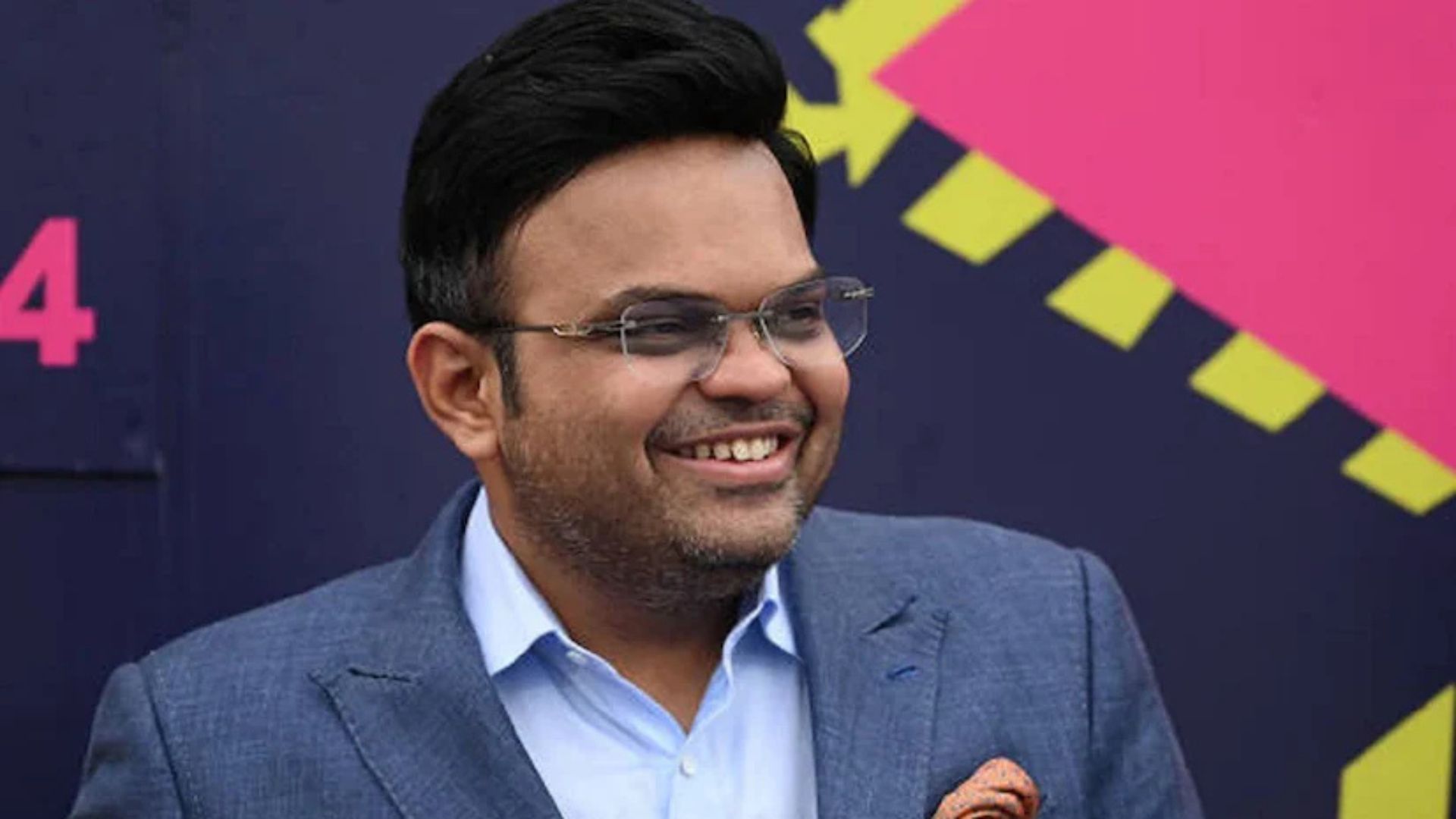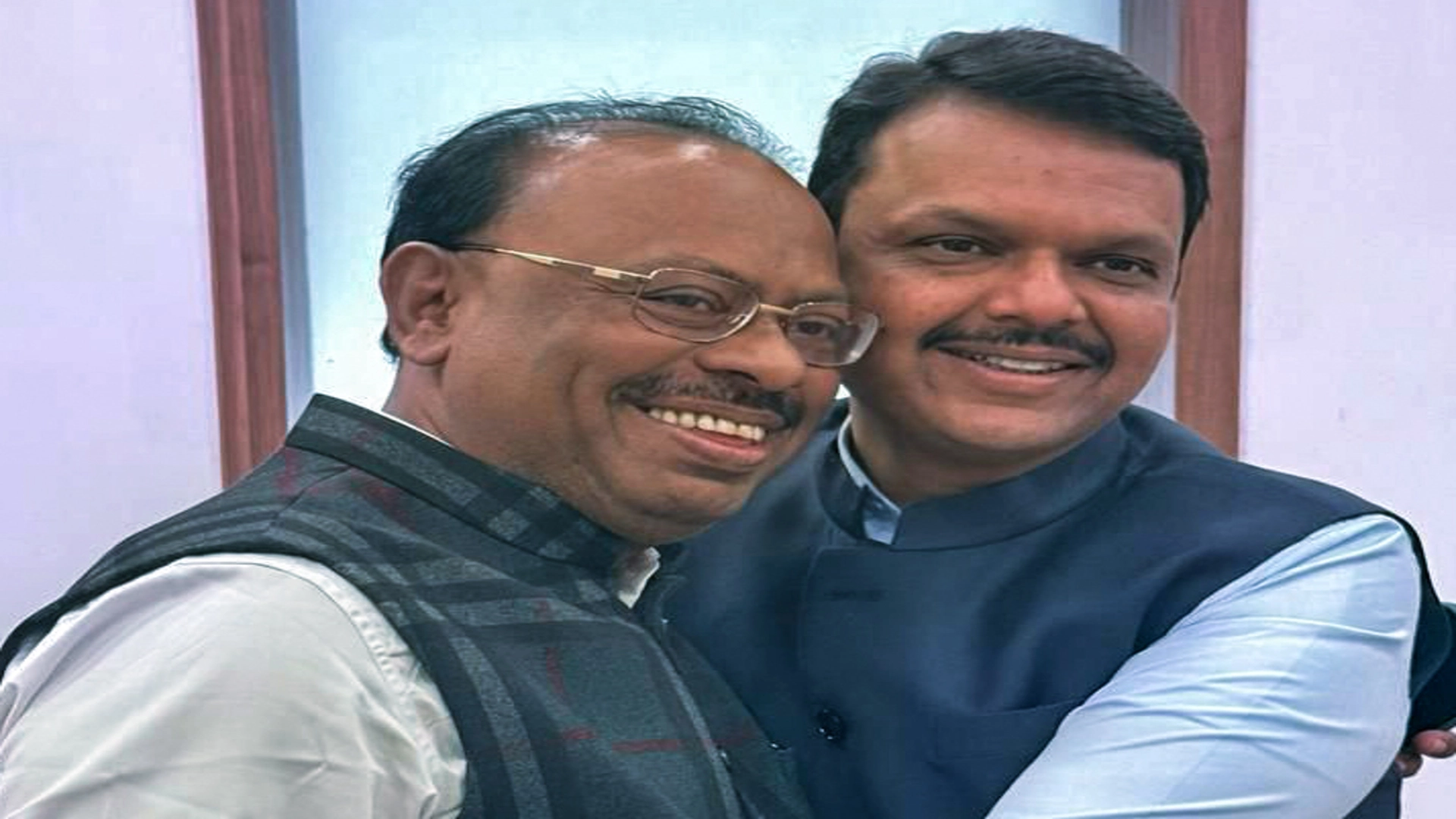
Arvind Kejriwal’s decision to resign as Delhi Chief Minister, despite recently being granted bail by the Supreme Court in the excise policy case, is being seen as a strategic political maneuver. Here are five significant reasons why Kejriwal’s resignation could be a masterstroke in his political playbook:
With Delhi Assembly elections scheduled for February 2025, Kejriwal’s resignation and call for early elections represent a bid to seize the political moment. By resigning now and pushing for polls in November, he aims to capitalize on his recent release from Tihar Jail and position himself as a victim of what he and his party describe as “vendetta politics” by the BJP-led central government. This timing could help him galvanize voter sympathy and enhance electoral prospects, even if the elections are eventually held in February rather than November.
Kejriwal’s resignation also serves as a strategic move to distance himself and his party, the Aam Aadmi Party (AAP), from ongoing corruption allegations. The excise policy case has been a significant issue for the AAP, which was originally founded on anti-corruption principles. By stepping down, Kejriwal seeks to address these allegations head-on and present himself as a leader willing to face public judgment, potentially regaining trust and support.
Having been in power since December 2013, Kejriwal’s resignation is a way to tackle the anti-incumbency factor that could pose a threat in the upcoming elections. By calling for early elections and stepping down, he effectively resets the political narrative, allowing the AAP to campaign on a fresh slate with a new Chief Minister’s face while maintaining Kejriwal’s strategic guidance behind the scenes.
Kejriwal’s push for early elections in Delhi aligns with the broader anti-BJP sentiment emerging from recent state elections in Maharashtra and Jharkhand. By timing his resignation with the heightened anti-BJP atmosphere, Kejriwal aims to capitalize on this momentum. This could help amplify the AAP’s opposition narrative and strengthen its position in Delhi’s Assembly elections.
Kejriwal’s resignation also preemptively addresses the threat of President’s rule, which BJP leaders had called for during his incarceration. By stepping down voluntarily, Kejriwal avoids the imposition of central rule, which could have delayed the Delhi elections and further complicated his party’s prospects. His resignation helps prevent potential policy paralysis and keeps the focus on electoral contests rather than governance disputes.
Kejriwal’s move, thus, appears to be a well-calculated decision aimed at consolidating his political position, addressing party concerns, and setting the stage for a successful electoral campaign.













